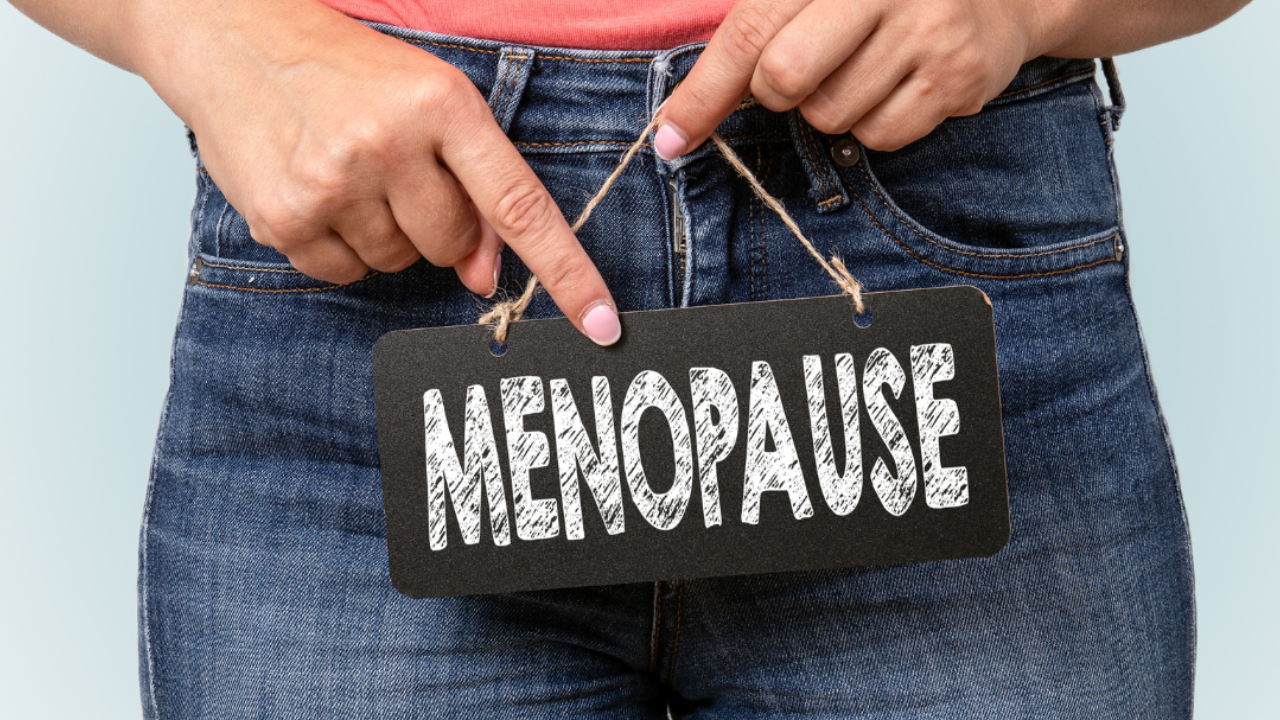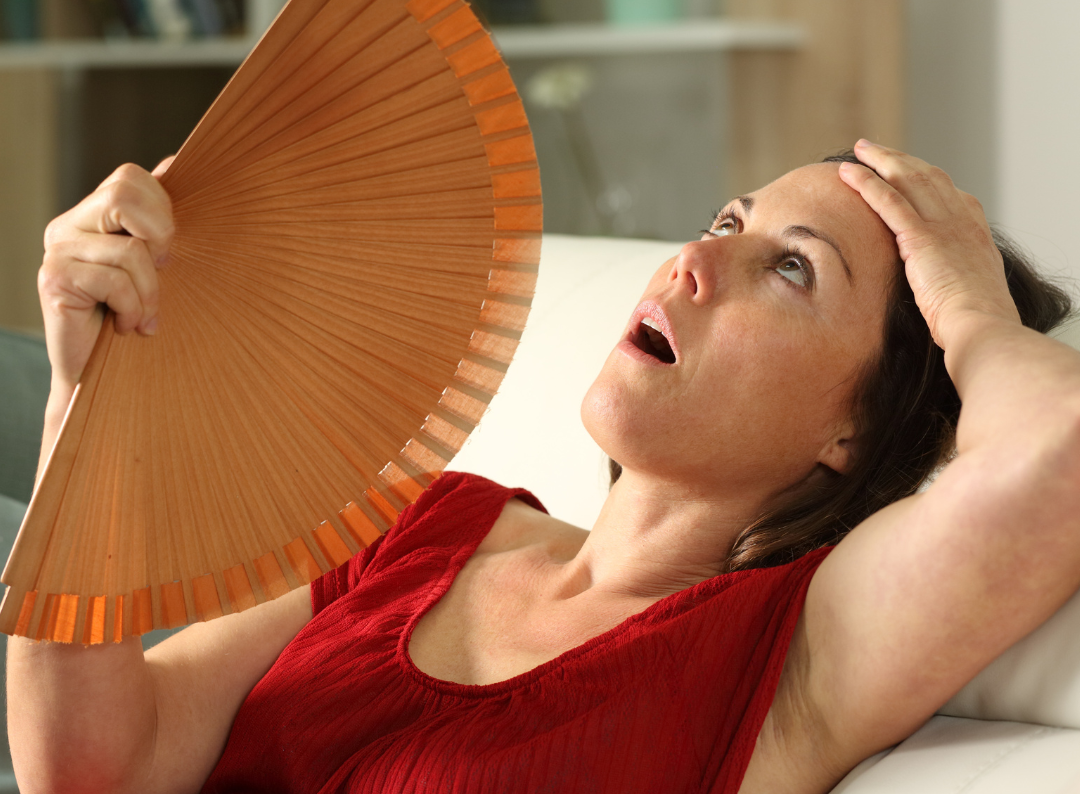
Menopause 101
One of the most underserved health and wellness issues that almost every woman will experience in her lifetime is menopause. A natural progression in a woman’s life typically happens between the ages of 40 and 65. Some women can even experience early menopause in their mid-to-late 30s.
The start of menopause will vary for each woman, as will the duration, the specific symptoms, and even whether she experiences weight gain or weight loss. But, the technical term for Menopause is when a woman stops having periods and can no longer get pregnant naturally. Although it's a natural process, it can occur at any time. For most women, it’s between 40 and 65, as I stated earlier, but women can go into early menopause and can also have medically induced menopause. This is when menopause is brought on by surgically removing the ovaries due to chemotherapy, having a hysterectomy, or radiation damage to the ovaries.
There are three pivotal stages of menopause that not only affect belly fat, and in some women, both belly fat and lower body fat - around the hips, thighs, and butt. But they also affect memory, focus, sleep patterns, motivation, anxiety, etc. The three stages are peri-menopause, menopause, and post-menopause.
Many people are unaware that peri-menopause and post-menopause exist. So it's important to note that whenever you hear the term menopause- technically, peri-menopause and post-menopause should most likely be included.
The key female hormones that are affected and have the most significant impact on the physical, mental, and emotional changes that happen during menopause are estrogen and progesterone. They work together synergistically, impacting whether a woman loses body fat or stores body fat, amongst other things.
Estrogen also impacts self-esteem, focus, motivation, and contentment. While progesterone has an impact on memory, sleep, recovery, and relaxation.
During the first stage of menopause, perimenopause, progesterone begins to decrease. This leaves estrogen on its own to do the work of both hormones. Since estrogen is doing the work of two hormones, it can only do so much before it gets overworked and needs to take a break, so hormone levels will fluctuate. This is why so many women feel up and down emotionally and out of control during the perimenopause phase.
Perimenopause can last anywhere from 4-12 years for many women. Some lasting even longer.
Once a woman moves into the second phase, which is menopause - estrogen and progesterone are so low that they are, in effect, nonexistent. After one full year, if there is no menstrual cycle, a woman is considered to be in menopause.
When estrogen and progesterone are low, they are also unable to regulate insulin and cortisol as they had before, and by the way, cortisol is known as the stress AND the belly fat hormone. Women start to notice an increase in belly fat that they may not have had before when the hormones are decreasing or gone. Other changes include mood swings, hot flashes, hunger, cravings, and poor sleep.
This is also why the diets and exercise programs that used to work to get rid of body fat are no longer working. It's not a calorie deficit issue - it’s an out-of-balance hormone issue.

Then the third phase, Post-menopause, is when symptoms become milder and may even go away completely.
Many women start to feel more like their old selves during this phase. Many women start regaining energy, improving sleep, and generally feeling better during this stage.
However, it is vital for women to eat and exercise correctly because the decrease in those beneficial hormones can cause women to be at higher risk for other health conditions like osteoporosis and heart disease, just to name a few. And let's not forget that the insulin and cortisol that are no longer regulated by estrogen and progesterone will still negatively affect fat storage, ESPECIALLY belly fat.
The symptoms and effects of menopause can be reduced or even avoided early on. When a woman begins heading into menopause, it is extremely important to eat, exercise and make lifestyle changes that will counteract the changes that are beginning to occur.
Many women double down on dieting and cardio because they think doing more of what may have worked before will help them lose belly fat and feel better.
But for most women, the exact opposite happens. Most women don’t lose belly fat, and they actually feel worse. And this is because when your hormones and metabolism begin to change, your entire body changes.
In my practice, I help women acknowledge the root cause of the menopause symptoms related to their individual metabolic health and wellness. By activating a personalized nutrition, fitness, and lifestyle plan specific to their needs, they achieve symptom relief, natural fat loss, and improve overall health and vitality.
If you are struggling with hormone, health, or weight management issues associated with menopause, I can help. To learn more, schedule a 1-to-1 consultation call with me today, HERE!
Don't miss out!
Get proven and fact-based hormone, health, and weight management delivered to your inbox.
We hate SPAM. We will never sell your information, for any reason.

